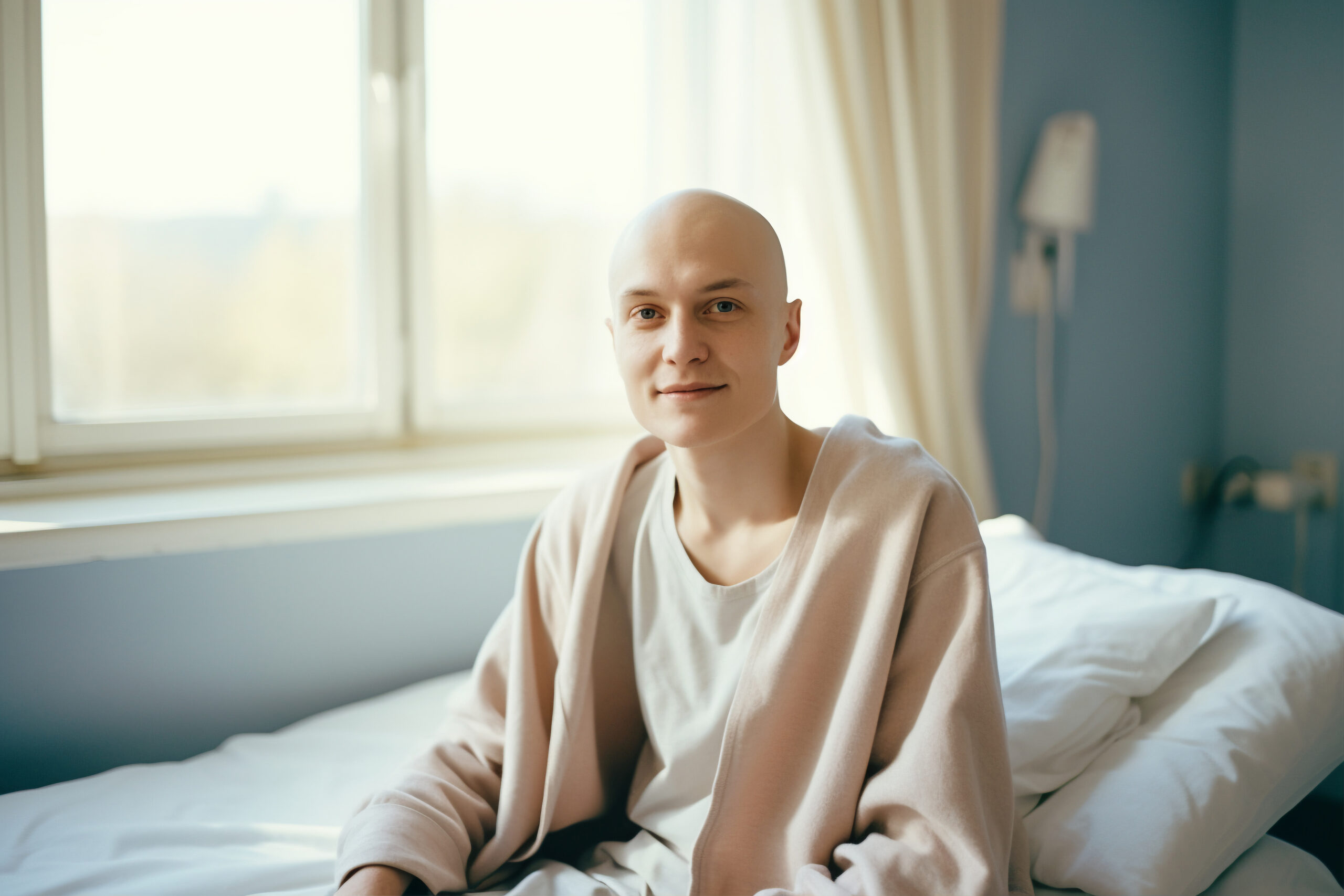
What if cancer risk wasn’t just written in your DNA—but triggered by your daily choices? Modern genetics reveals that you can carry “silent” cancer-linked genes your whole life without developing the disease—unless something flips the switch. That switch may be your diet, sleep, stress levels, or even exposure to pollutants.
This field, called epigenetics, is radically reshaping how we view cancer risk. It’s not just about what genes you inherit—it’s about which genes are turned on or off, often by your lifestyle. So, is your routine unknowingly activating cancer-linked genes? Let’s explore the science behind gene expression, environmental triggers, and what you can do to protect your DNA blueprint from becoming a dangerous reality.
What Are Cancer-Linked Genes?
Cancer-linked genes fall into two main categories:
- Oncogenes – when activated, they promote uncontrolled cell growth.
- Tumor suppressor genes – when silenced or inactivated, they fail to stop abnormal cells from multiplying.
Most people carry mutations or polymorphisms in some of these genes—like BRCA1/2, TP53, APC, or KRAS. But mutations don’t guarantee cancer. Instead, how your body handles those genes over time plays a key role. This is where epigenetics enters the picture.
Epigenetics 101: When Lifestyle Changes Gene Expression
Epigenetics refers to changes in gene activity that don’t alter your DNA sequence but influence whether genes are “turned on” or “turned off.”
Key Mechanisms Include:
- DNA methylation – chemical tags suppress gene activity
- Histone modification – affects how tightly DNA is wrapped, influencing accessibility
- Non-coding RNA – regulates gene expression indirectly
These mechanisms are deeply influenced by environmental and behavioral factors—meaning your habits can silence protective genes or awaken dangerous ones.
Lifestyle Triggers That May Activate Cancer-Linked Genes
1. Chronic Stress and Cortisol Overload
High stress increases oxidative damage and inflammation, creating a gene-altering cellular environment. Cortisol dysregulation can silence tumor suppressor genes like p53 and promote mutations.
2. Poor Sleep and Circadian Disruption
Night-shift workers and those with sleep disorders have increased cancer risk. Disrupted circadian rhythms alter gene methylation, especially in breast and prostate cancer–linked genes.
3. Ultra-Processed Foods
Diets high in sugar, additives, and trans fats fuel epigenetic changes in colon and liver cancer pathways, while antioxidants and phytochemicals can protect DNA integrity.
4. Environmental Toxins
Exposure to pesticides, heavy metals, plastics (like BPA), and air pollutants has been shown to trigger epigenetic silencing of tumor suppressors, especially in early development.
5. Alcohol and Tobacco
Both substances cause widespread methylation damage, mutating and activating oncogenes like KRAS and suppressing MLH1 involved in DNA repair.
Key Genes Influenced by Lifestyle
| Gene | Function | Lifestyle Trigger | Cancer Type |
| BRCA1/2 | DNA repair | Poor diet, radiation | Breast, ovarian |
| TP53 | Tumor suppression | Stress, toxins | Multiple |
| MLH1 | DNA mismatch repair | Smoking, alcohol | Colorectal |
| APC | Cell growth control | Inflammation, obesity | Colon |
| CDKN2A | Cell cycle regulation | Pollutants, stress | Pancreatic, melanoma |
Can These Epigenetic Changes Be Reversed?
Here’s the good news: unlike mutations, many epigenetic changes are reversible.
Studies show:
- Meditation and stress reduction can restore tumor suppressor gene function.
- Plant-based diets rich in cruciferous vegetables and polyphenols reduce oncogene activity.
- Exercise improves DNA methylation profiles and mitochondrial integrity.
- Sleep hygiene repairs circadian gene regulation.
Emerging epigenetic therapies—including DNA methylation inhibitors and histone deacetylase inhibitors—are being tested in clinical oncology.
But even without medication, your everyday habits hold tremendous influence over gene expression.
Are You Genetically Doomed? Not Necessarily.
Carrying cancer-linked genes doesn’t mean you’re fated to develop cancer. What you eat, breathe, and believe has a surprising impact on gene behavior. Genetic predisposition is like owning a loaded gun. Lifestyle is what pulls the trigger—or chooses not to. Many centenarians carry risky gene variants—but through lifestyle, resilience, and low exposure to epigenetic disruptors, they never develop disease.
The Future: Personalized Epigenetic Testing
New technologies like:
- Whole-genome methylation mapping
- RNA-based expression panels
- Polygenic risk scores + lifestyle profiling
…are enabling precision prevention plans. These tools may soon tell you exactly which habits you need to change to deactivate cancer-prone genes in your specific DNA.
Imagine a future where a blood test could reveal how your lifestyle is sculpting your cancer risk in real time and give you a clear map for reversal.
Final Takeaway
You’re not just a passenger in your genetic story, you’re also the editor. Your daily lifestyle choices from how well you sleep to what’s on your plate can either awaken or silence cancer-linked genes. By understanding the power of epigenetics, we can move from reactive treatment to proactive prevention. Your genes may load the gun, but your lifestyle pulls or prevents the trigger.
FAQs
What are cancer-linked genes?
They are genes that, when mutated or improperly activated, increase the risk of cancer. These include oncogenes and tumor suppressor genes.
Can lifestyle actually change gene expression?
Yes. Through epigenetic mechanisms, lifestyle factors like diet, stress, and toxins can influence which genes are active.
Is it possible to reverse epigenetic changes?
Many epigenetic changes are reversible with the right lifestyle, including stress reduction, improved diet, and sleep optimization.
Are epigenetic changes inherited?
Some epigenetic tags may be passed to offspring, especially if exposure occurs during pregnancy, but most are acquired through life.
How can I test for cancer-linked gene activation?
Emerging epigenetic tests and expression panels are becoming available, though they’re not yet common in routine screening.
